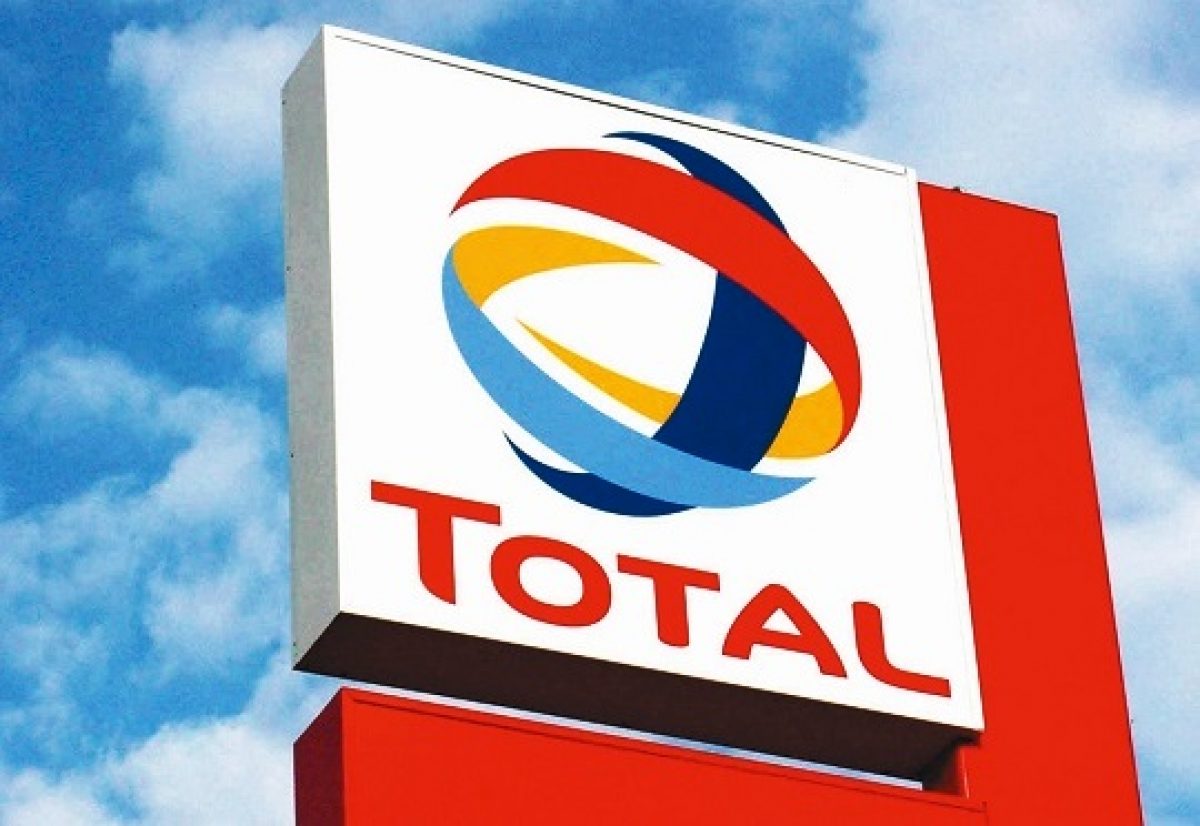Total Nigeria forced its way through a major drop in sales to register a turnaround from a half-year loss of N537 million to a profit of N2.2 billion at the end of the 2020 financial year. The company’s management report for the year shows that the final quarter accounted for N1.7 billion or 78 percent of the full-year profit figure.
The petroleum products marketing company faced the challenge of major loss of sales revenue in the year, closing the year’s operations with the lowest turnover figure in nine years. Its sales revenue plunged by 30 percent to N204 billion — the lowest revenue figure for the company any time since 2012.
This amounts to a loss of about N85 billion in sales revenue in the year. The downward trend in sales was sustained across the four quarters of the financial year with petroleum products, the main revenue line of the company, leading the drop.
Against the huge revenue loss in the year, the company’s management was able to defend profit. Its full-year profit is a slight decline from the closing profit figure of N2.3 billion in the preceding year. The ability to defend profit from the worst revenue performance in nearly a decade is the highpoint of the company’s operations in 2020.
Advertisement
Cost cutting was the management’s profit defensive strategy to compensate for lost sales revenue in the year. Except administrative expenses that failed to drop, cost cutting was applied all the way from cost of sales to finance expenses. The result is a big improvement in the ability to convert revenue into profit.
Net profit margin rose from 7.8 percent in 2019 to 11 percent for Total Nigeria in 2020. This is the highest net profit margin for the oil company in many years.
Big cost savings in the year came from a drop of 32 percent in input cost to N174 billion. This represents a reduction of N83 billion in cost of sales. Input cost claimed a reduced share of sales revenue at 85 percent compared to 88 percent in the prior financial year.
Advertisement
With the cost saving here, gross profit went down at a much reduced margin of 14 percent to close at over N30 billion against the 30 percent drop in sales.
There was a massive cut down in selling and distribution expenses in the final quarter, which helped to achieve a full year drop of 23 percent to less than N3 billion. Administrative cost is the only main expense line that failed to drop in the year. It increased marginally to N25 billion and therefore claimed a significantly increased share of gross profit from less than 70 percent in 2019 to 83 percent in 2020.
The incursion of administrative expenses accounted largely for a drop of 62 percent in operating profit – which amounted to N3.7 billion at the end of the year. A big remedy however came from a major cost saving from net finance expenses.
The company recorded both an outstanding growth in finance income and a big cut in finance expenses in the year. Finance income nearly doubled at N2.3 billion and finance expenses dropped by more than 63 percent to N2.9 billion at the end of the year.
Advertisement
The developments led to a drop of about 91 percent in net finance expenses to N629 million. This represents a cost saving of over N6 billion in net finance cost. This is the crucial balancing factor in the company’s volatile cost and income changes that happened last year.
The drop in net finance cost made a difference between the 62 percent drop in operating profit and a moderate improvement in pre-tax profit at over N3 billion for the year.
An overall reduction in the company’s interest bearing debts made the sharp drop in finance expenses possible. The company’s balance sheet borrowings dropped from close to N40 billion at the end of 2019 to less than N34 billion at the end of the 2020 financial year.
Total Nigeria had closed half year operations of the 2020 financial year at a net loss of N537 million. Management’s drastic move to cut cost in the third quarter enabled the company to return to profit at the end of September. It generated a net profit of N1 billion in the third quarter — which absorbed the half year loss and produced a profit of N500 million at the end of the quarter.
Advertisement
A further gain in momentum in the final quarter extended the upturn in profit performance that the company recorded in the third quarter. The summary of the company’s earnings story in 2020 is that management bent costs lower than the big drop in sales and converted the biggest margin of revenue in many years into profit.
The result is that the company shielded its profit from the huge drop in sales revenue in 2020. Its closing profit of N2.2 billion for the year is only slightly down from the preceding year’s profit figure of less than N2.3 billion.
Advertisement
The company earned N6.61 per share at the end of 2020 financial year, slightly down from N6.71 per share in 2019. A cash dividend is expected to be announced in the weeks ahead when the company’s audited financial report is likely to be issued.
Advertisement
Add a comment







